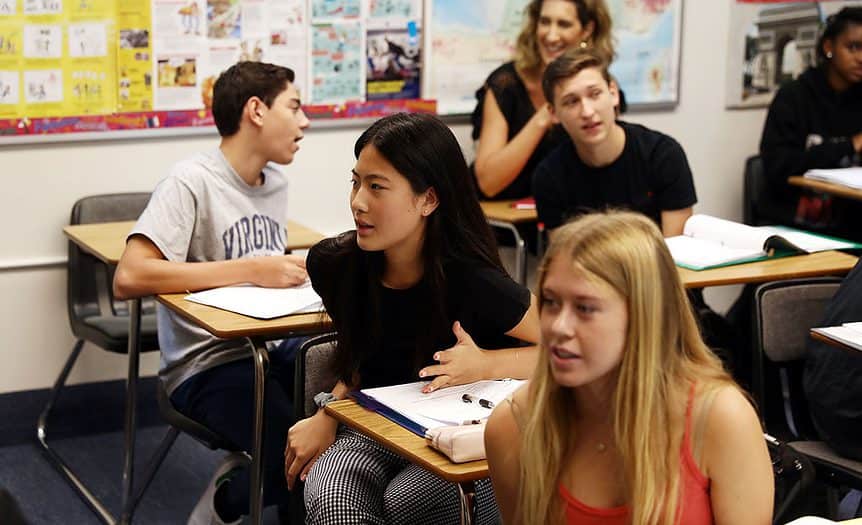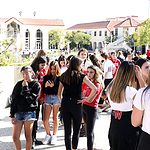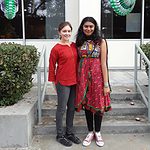By James ’23
“Discussion-based education” sounds like one of the more obvious tropes you’d hear at a high school admissions panel, right up there with “academically rigorous” and “balanced workload.” It’s something your campus tour guide would smoothly drop into a conversation as they motioned to a few kids talking in a classroom ––“Oh yeah, you know what those students in there are doing? They’re doing some discussion-based education.” It’s something that sounds profound and insightful, but actually means nothing at all. While this may admittedly be true of some other admissions cliches, discussion-based education is genuinely important at HW. It is the foundation on which many courses at HW lie, and represents the best qualities of our school.
As I think of it, discussion-based education is the elevation of student-led dialogue over teacher-given content. It is a tricky balancing act that relies on two important principles to function: one, students must be engaged enough to actually participate; and two, teachers must be able to guide their class through questions that lead students to important conclusions. Think Robin Williams’s style in Dead Poets Society. In Harvard-Westlake English, for example, you will spend most, if not all, of your class time discussing the literature your class is reading. Very rarely do you take notes on a presentation from your teacher, and if you do, it’s almost always to use them for a conversation at a later date. This is also true of History: lectures from teachers are more frequent, but they are always supplemented by poignant questions about the ideas being taught in class. If you take journalism or other writing-based electives, rest assured that you’ll be doing a lot of talking there, too. Even classes like Chemistry or Algebra, which are probably not thought of as topics ripe for discussion, can have their places for students to figure out a concept among themselves.
There are plenty of other schools who employ this kind of teaching; perhaps most do. The thing that distinguishes Harvard-Westlake’s discussion-based education from everywhere else is in yet another cliche –– the people. Teachers, who have spent years researching what they are instructing, deepen class conversation through carefully crafted questions and will reach out to the students having trouble in their class. Students, for their part, are bright and talented. As someone who has been at HW for a year and a half, I’ve never failed to be impressed by their answers to questions.




